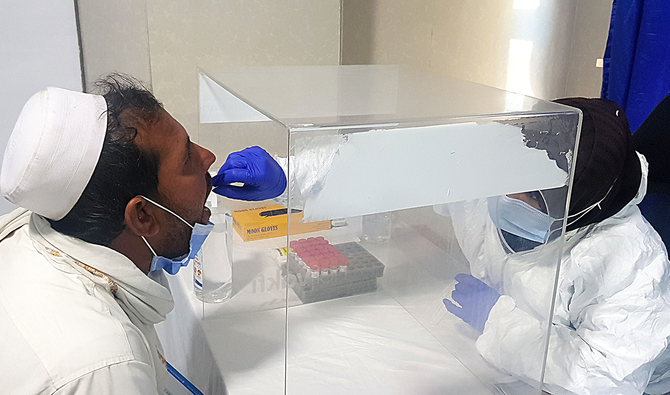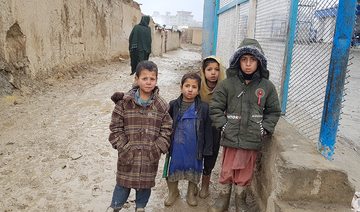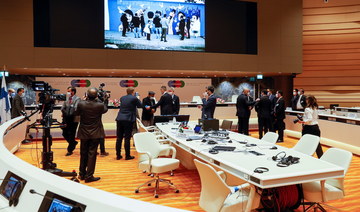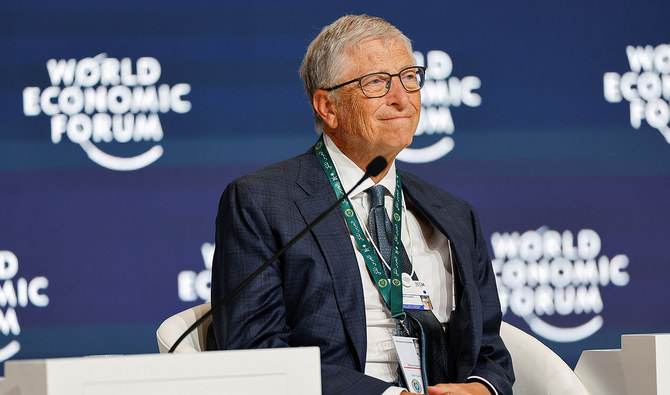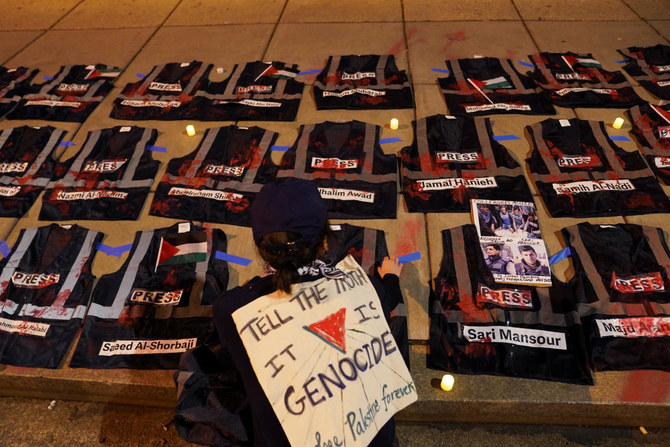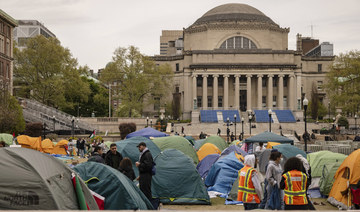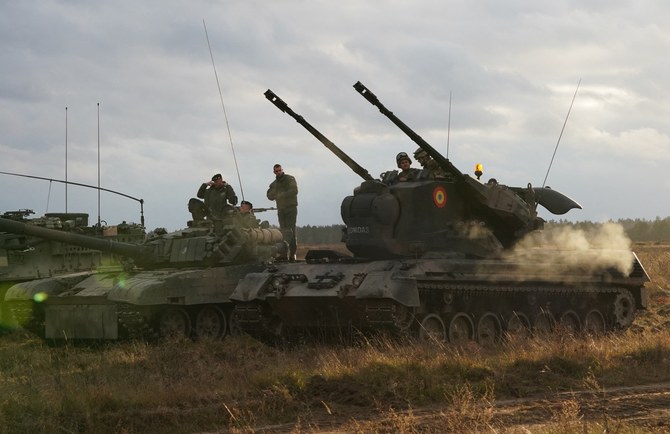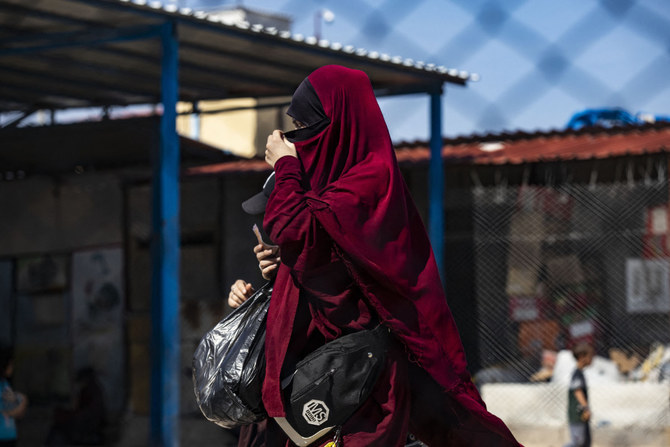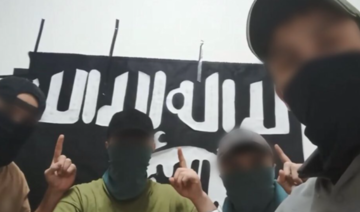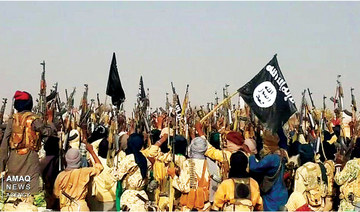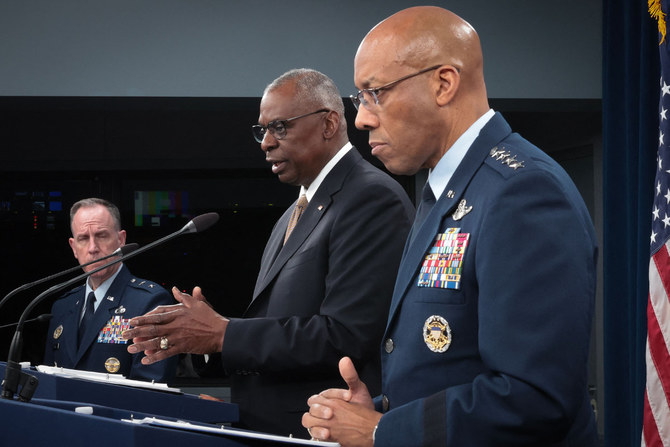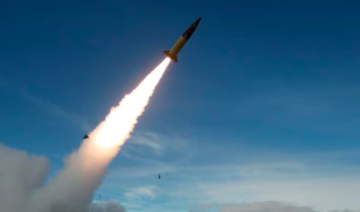KABUL: Health officials in Afghanistan have warned that the onset of winter could lead to a spike in coronavirus cases in the country, with at least 90,000 people likely to be infected during a second wave of the pandemic.
“Even before the emergence of the coronavirus, Afghanistan faced enormous shortcomings in its health sector, and the virus has added to the crisis,” Masooma Jafari, a health ministry spokesperson, told Arab News.
Decades of war coupled with the pandemic have further stretched the country’s hospitals, which lack essential medical resources such as oxygen plants, diagnostic kits and ventilators for a population of more than 37 million.
Up till Tuesday, the national virus caseload stood at 46,698 infections and 1,784 deaths, according to government figures.
Afghanistan has 117 state-run hospitals, with at least seven dedicated to coronavirus treatment. There are also 23 diagnostic laboratories at public and private hospitals with a capacity to conduct 6,000 tests daily.
However, authorities have been forced to close 14 private laboratories due to inadequate facilities and for breaching Health Ministry directives.
Jafari said the government’s focus now was on “reimposing strict measures” to curb the spread of the virus.
“Many families are poor and huddle near one stove in one room. So we are recommending the closure of wedding halls and making masks mandatory among other restrictions,” she said.
Akmal Samsoor, the health ministry’s head of publication, said that mobile health teams will identify residents with mild symptoms and provide medical help during door-to-door visits.
This was crucial to address the issue of limited bed space at most hospitals, he said.
“We have a comprehensive plan for the second wave and have been implementing it for weeks now. Part of it is to prevent the spread of the infection. We are also strengthening the health system, and increasing the number of beds and laboratories,” Samsoor told Arab News.
Since the outbreak was first reported in March, the government has allocated $16 million for anti-coronavirus measures, with the World Bank and the Asian Development Bank pumping in a combined $140 million into the initiative.
The health officials’ predictions follow an international donor conference in Geneva last week where ministers from nearly 70 countries and officials of humanitarian organizations renewed their pledge to extend $12 billion in aid to Afghanistan over the next four years if the country makes progress in peace talks with the Taliban in Doha.
After facing criticism over its handling of the pandemic, President Ashraf Ghani’s administration has held regular meetings with the country’s medical council.
“The coronavirus will stay here for years, so we will need more funds and resources because we have to build more hospitals and strengthen our health system,” Samsoor said.
Despite almost two months of lockdown since March, many Afghans continue to ignore rules and social distancing measures.
“However, the fatality rate has remained low compared with that in developed countries,” Samsoor said.



